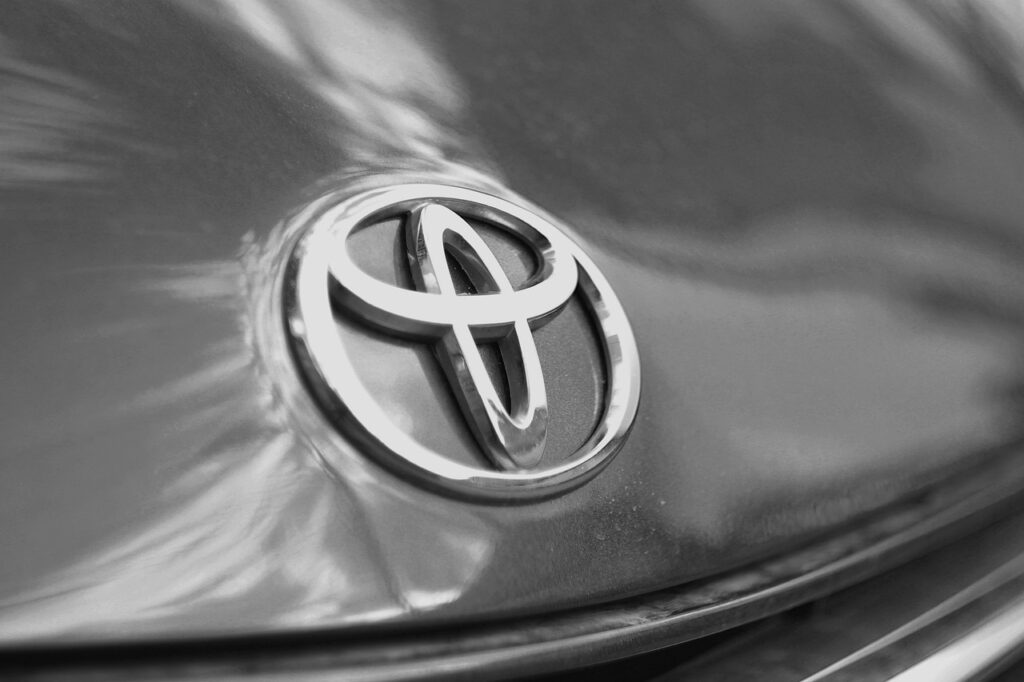Toyota has filed a patent for a water-cooled hydrogen combustion engine. This technological leap addresses a critical challenge associated with hydrogen engines – the higher operating temperatures compared to traditional gasoline counterparts.
The innovation holds the promise of ushering in a new era of high-performance hydrogen vehicles.
Key Features of Toyota’s Water-Cooled Hydrogen Engine:
Water Injection Valves: Precision is at the core of Toyota’s design, with each cylinder featuring two strategically placed water injection valves at the intake ports. These valves meticulously control the timing and quantity of water injected, ensuring optimal cooling of the cylinders.
Dual Injection Timing: Flexibility defines Toyota’s approach, allowing water injection either when the intake valve opens or closes. This adaptability maximizes the effectiveness of cooling under different driving conditions, showcasing a commitment to efficiency.
Evaporation Management: To minimize impact on combustion and lubrication, the patent outlines a system for injecting small water droplets that readily evaporate within the cylinder. This fine-tuned approach ensures engine efficiency and performance.
ECU Control: The electronic control unit (ECU), acting as the brain of the operation, dynamically monitors crucial operating parameters like temperature. This real-time feedback enables the ECU to adjust water injection precisely, ensuring efficient and adaptive cooling.
As automotive industries worldwide strive to transition to cleaner and sustainable options, Toyota’s pursuit of hydrogen-powered vehicles stands out. The water-cooled engine represents a fusion of innovation and environmental consciousness, pointing towards a future where hydrogen could play a pivotal role in the automotive landscape. While challenges and refinements lie ahead, Toyota’s commitment to pushing the boundaries of technology hints at a transformative journey for the automotive industry.





